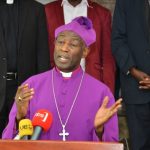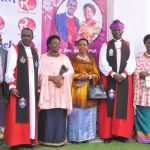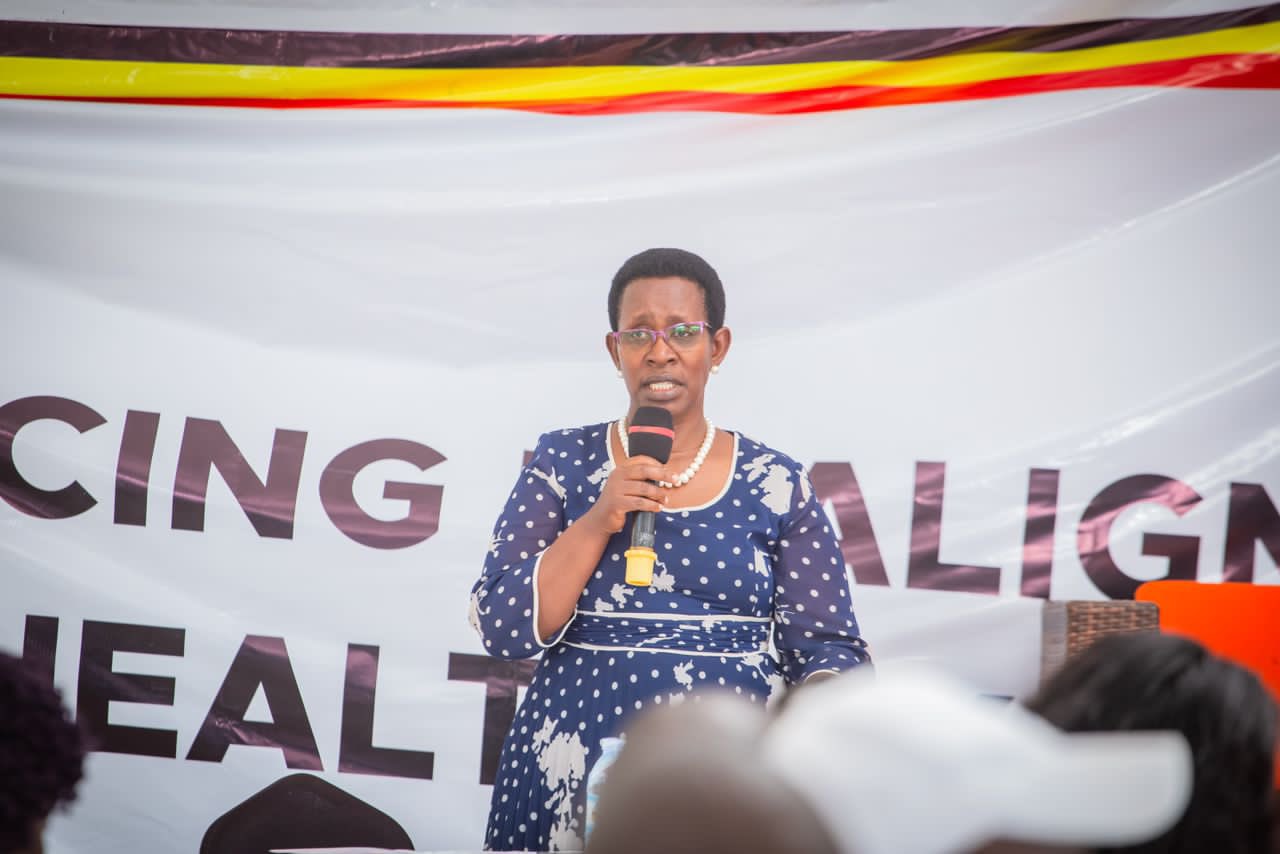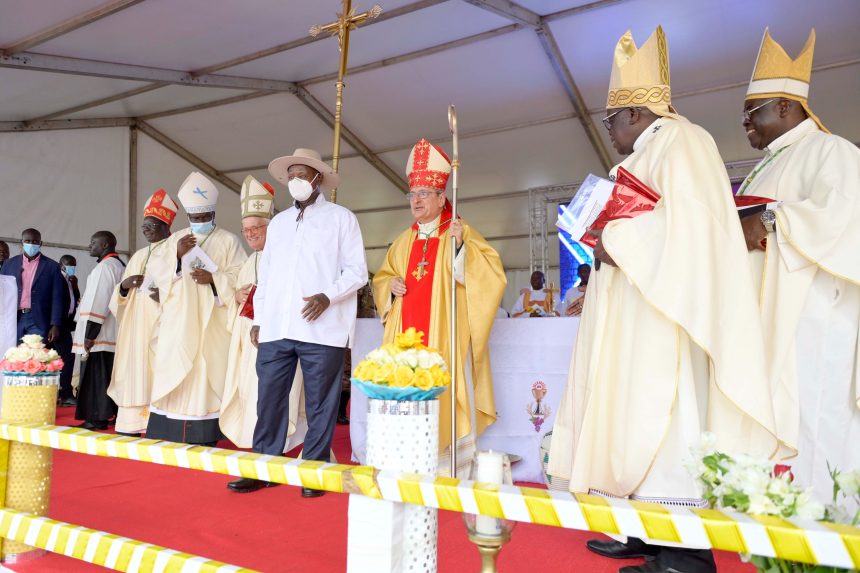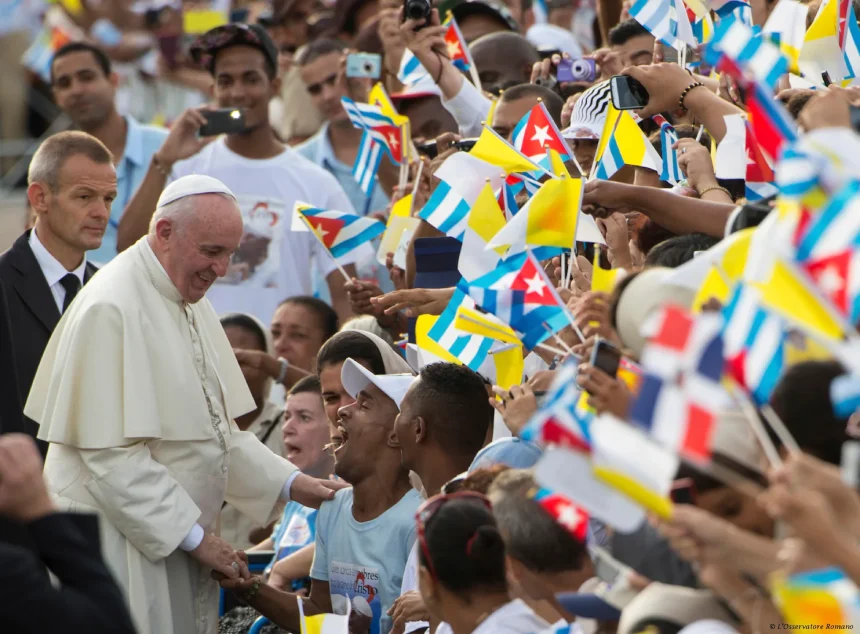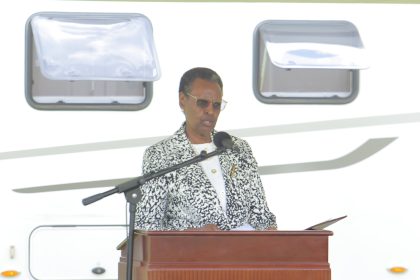On Thursday, Uganda’s Health Ministry Permanent Secretary, Dr. Diana Atwine took to microblogging site Twitter, to answer questions on ebola and COVID19. The country is dealing with an ebola outbreak.
Below is the excerpt from the question and answer.
Qn: Difference between Ebola and COVID19.
Answer: Unlike COVID19, Ebola virus disease is not an airborne infection. Ebola spreads through physical contact with a person who has Ebola or a dead body of a person that has died of ebola.
Qn: What do i do if I have Ebola symptoms?
Answer: Anyone with fever, headache, fatigue, chest pains, chills, difficulty in breathing, stomach pain, diarrhea, nausea, should call 0800100066 for screening. Later, ebola patients may develop bloody diarrhea, vomiting & coughing.
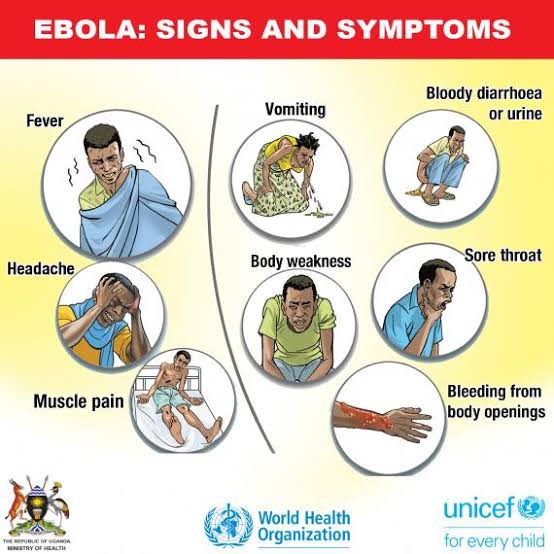
Qn: What has been done for some Ebola patients to recover yet survival rate is too low?
Answer: For the patients that have recovered, their magic bullet was that they came to us early or we got notified, tested them, confirmed & started them on treatment. Originally, the causes of increase of cases in Mubende, Kassanda was denial by many when they were suspected or even confirmed as sick or contacts. They would just run away and many patients would come out when they have deteriorated or exposed other people.
Many Ebola patients believed it was witchcraft and ran to witch doctors instead of medical doctors. They only came out to seek medical treatment when it was late to save them, and many had infected others in their communities.
Qn: Whats your general advise about prevention?
Ans: Basically, Lack of adherence to guidelines when we have such an outbreak is a major problem. When you have symptoms, just call 0800100066 for screening. Dont come to facility as you increases risk of spreading if your sick.
Qn: What do i do if i learn that i am a contact to an Ebola Patient?
Ans: If contact, contact us to screen and test you. Even if tested negative, must be isolated for 3 weeks to be sure they are safe. This is to rule out the possibility that one was still undergoing incubation.
Qn: Are Children less affected by Ebola like it is with COVID19.
Ans: Unlike COVID19, both children and elders are equally affected with Ebola. Actually children are more vulnerable because they have a low immunity yet Ebola is a very violent virus.
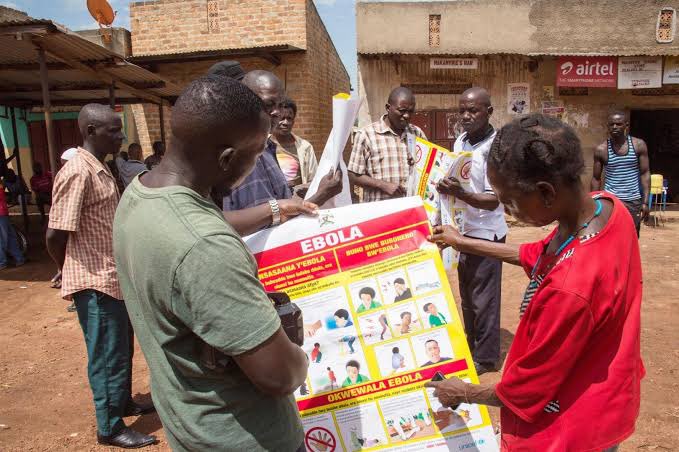
Qn: Is gov’t well prepared to manage this pandemic?
Ans: However prepared, it will not achieve the best until everyone is individually responsible. Contacts of cases must cooperate with us and accept the inconveniences instead of hiding. Corporate World, business owners and all institutions should also wake up as there’s heavy activity going on. They should train their workers and equip them with requirements and environment for following SOPs and guidelines for Ebola prevention.
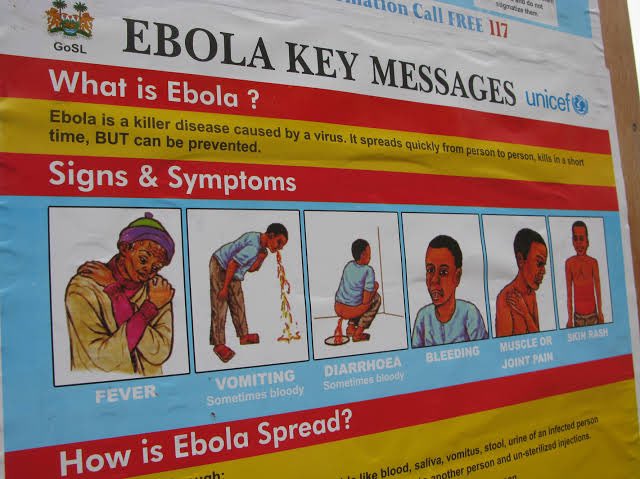
Recently we have seen some organizations like @KampalaSheraton and some schools organizing education sessions for their workers on how to prevent or manage Ebola. We applaud these ones for caring about the safety of their workers and clients.

Ensure that all visitors or clients at your workplace or home sanitize or wash their hands with soap and water as they approach your premises. Where possible, a temperature gun (Costs btn 50 to 100k) to check out for high fever.
Qn: How should Health Workers to protect themselves.
Ans: Health workers should look out for symptoms for Ebola as they handle patients and do professional screening and assessment. They should put on gloves when attending to any patients.
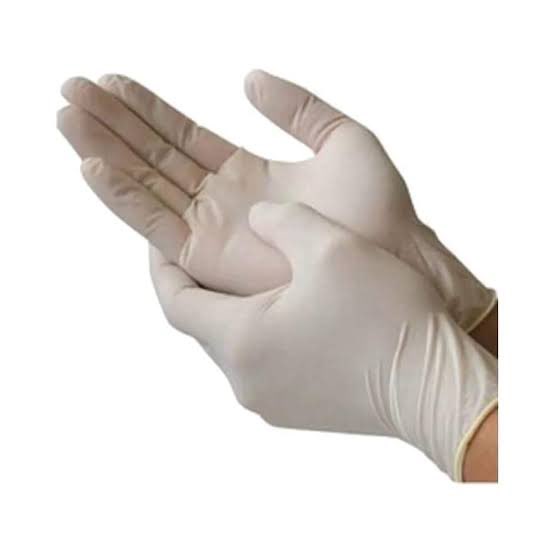
Gloves should be used once to avoid possible cross transmission from patient A to patient B. If conditions cannot allow to use a pair of gloves per patient, use available solution to disinfect gloves before touching patient B. This is about vigilance and extra protection.

